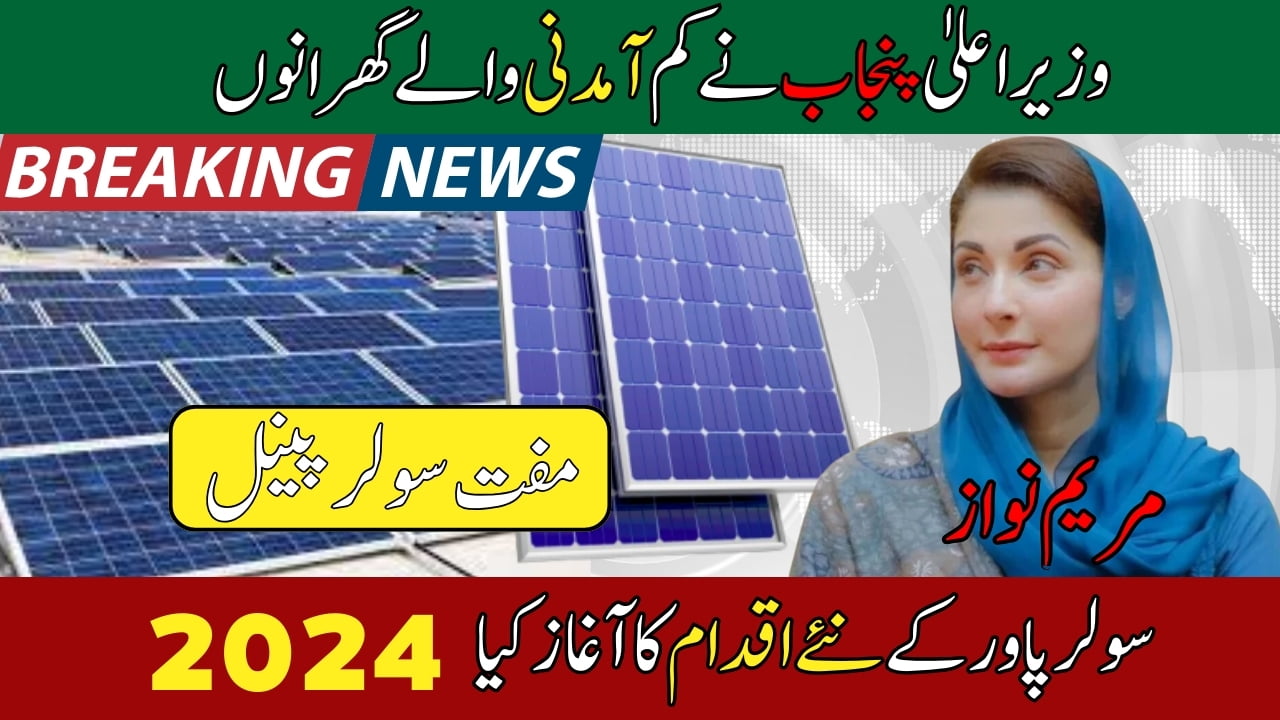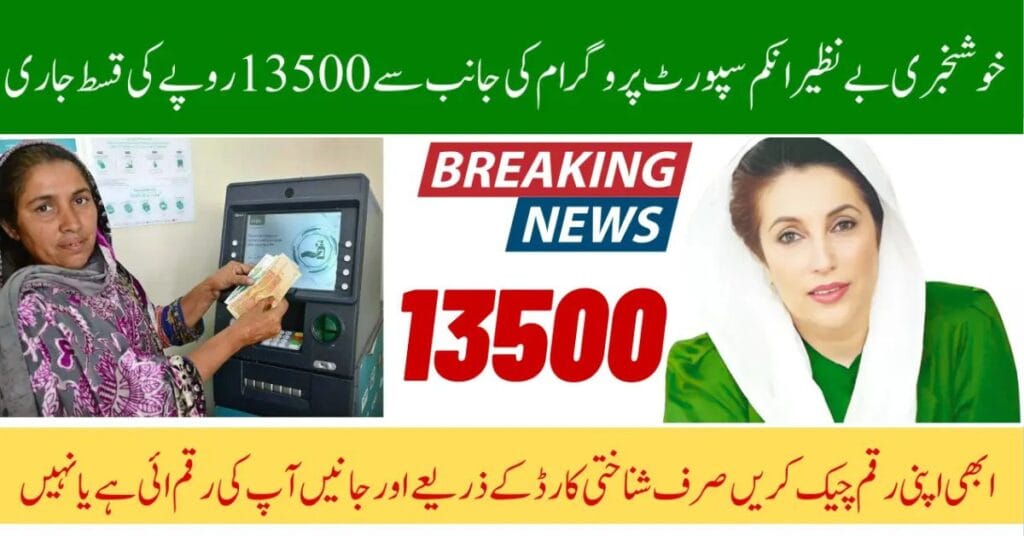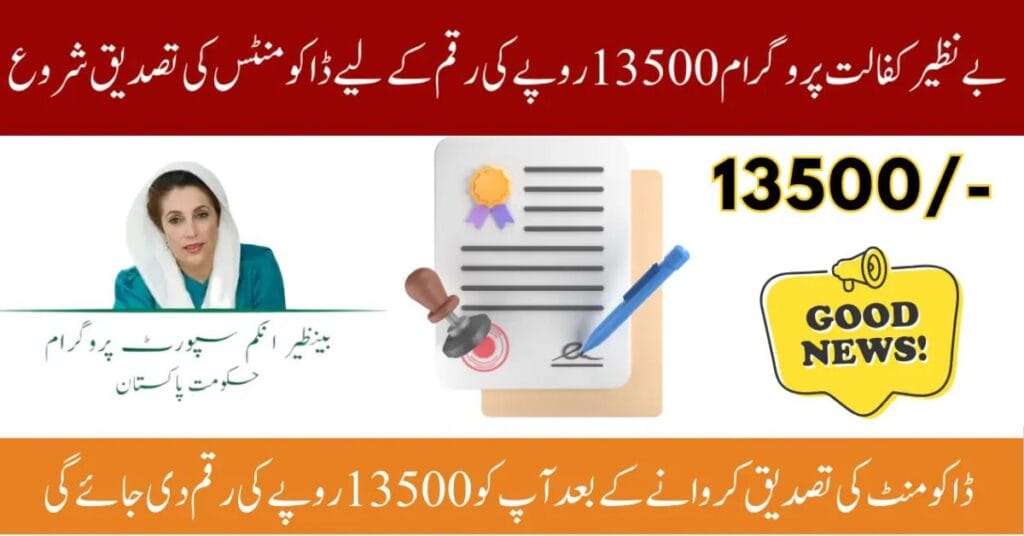The plan to Launch New Solar Power Project for No Income Households till 2024 by CM Punjab *517#
Households consuming under 200 units per month of electricity can received free solar panels from the Government of Punjab via an innovative scheme. This is to encourage the utilization of renewable energy sources as well and at the same time, reduce utility cost for low income families.
Through interest-free loans for those utilizing a moderate amount of energy and by targeting homes ripe for an upgrade, the government intends to encourage household economic stability as well as altering over-all reliance on environmentally sustainable options] This programme is testimony to the government’s resolve for enhancing the quality of life and ensuring a sustainable future, said Ms Nirmalardf. Let’s discuss the CM Punjab Launches New Solar Power Initiative for Low-Income Households in 2024.

Who Can Benefit?
This program is open to individuals who are:
- Telangana: Households consuming below 200 units of electricity per month
Struggling families
- People living on financial grants
- Those without a job, who have too little to live on.
Target Group
Up to 200 unit monthly electricity consumers, economically vulnerable families; Those dependent on outside financial assistance Individuals who have lost their jobs.
Registration Process
An uncomplicated online registration system via a government-provided portal, then checking just to make sure that the panels go where they need to.
Modest Users – Interest Free Loans
Offered to individuals: 2 Domestic scheme for consumers using upto 200 units of power every year who need to opt solar energy and repay it in easy installments.
Program Advantages
Electricity straits averted, renewables push march into fast track mode and zero percent loans sweeten the pot for an accelerated shift from reliance on national power grid.
Simple Registration Process
The process of registration is user-friendly. Register online at a government provided portal if you are eligible. Solar panels go out to the parties.
Moderate User Interest Free Loans
The programme is designed to get solar energy into the hands of middle-mass families who can kill it on their power bill. The loans are designed to be paid back in easy installments.
Program Advantages
Benefits of the solar power initiative:
- Cheaper Electricity Bills: Lights up a home for less consumption families, resulting in lower energy bills.
- Environmental Benefits: Bucking the trend of coal and oil-powered electrical produces less carbon that goes into our atmosphere.
- Economic Relief – provides interest free loans for families of middle-income backgrounds.
- Independence: Reduces dependence on the national power grid for energy.
Government’s Commitment
This program is a shining example of the government commitment to solve energy problems as well respond to economic hardships. The initiative is aimed at improving the quality of life of a great many households by promoting renewable energy with financial support.
Conclusion
This is a big move by the government as it comes from an era where powercrisiswas frequent and still if you see our rural villages, they are Bukharis. It seeks to make a stable future of Pakistan through helping deserving middle-class families and especially targeting low income households. This is the way government should work. CM Punjab Launches New Solar Power Initiative for Low-Income Households in 2024. It benefits both its subjects who get to have better life and a future environment which gives hope for sustainability.
FAQs
How can you get a 100% free solar power setup?
Electricity consumer will benefit 200 units a month on poor households
Who can I register for the solar panel program 2024?
- You can apply to this through their portal online.
- What are the options for consumers whose monthly consumption exceeds 200 units?
- Interest-free loans for these solar panels will also be given to households using consumption between 200 and 500 units.
Main Advantages of Solar power
Cleaner electricity bills, green consciousness and increased energy security.




4 Comments